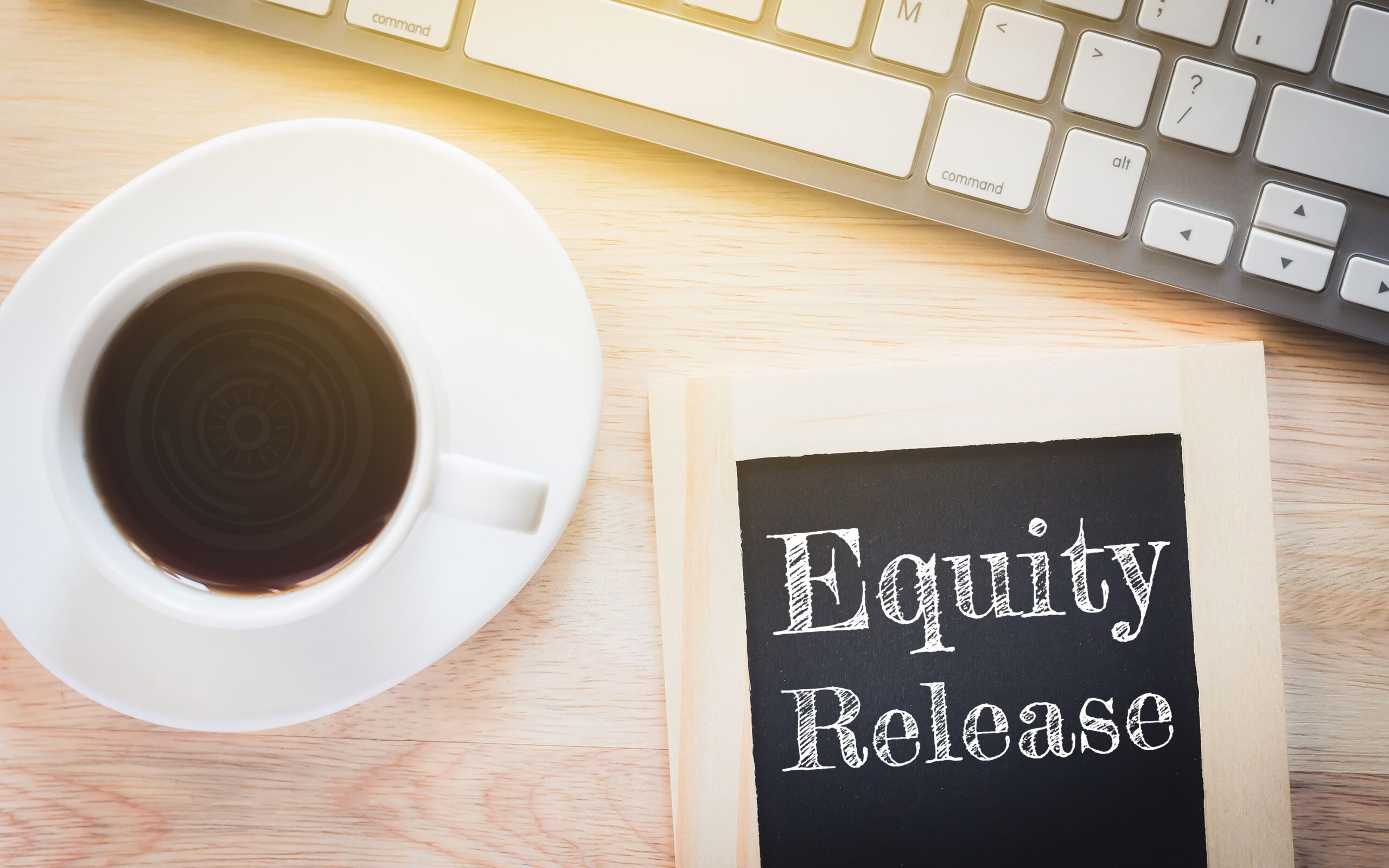
Get clear guidance regarding whether you will need to release equity from your property during your IVA. If so, the amount you will have to release.
Included in this article:
- Key IVA equity release facts for homeowners
- What if there is no equity in your property?
- The rules if there is equity in your home
Want help to start an IVA?
Give us a call: 0800 011 4712 or complete the form below to speak to one of our experts
Key IVA equity release facts for homeowners
The IVA is the only debt solution available in England and Wales that provides legal protection for your home. Once the agreement is in place, your creditors can’t force you to sell. In addition, they can’t attempt to secure their debt against your property.
If you have no equity, it is likely that your property will not form part of your IVA. But where you do, you will be expected to attempt to release some of it as part of the agreement.
Where equity release is required, is normally by way of either re-mortgage or secured borrowing. This happens in the 54th month of a standard 60 month agreement.
Struggling to get your head round all of this? We can help. Call us (0800 011 4712) or complete the form at the bottom of this page. The advice is free and confidential.
What if there is no equity in your property?
For the purposes of an IVA, the amount of equity in your property is calculated using 85% of its current market value. So if it is currently worth £200,000, the value used in the IVA calculation will be 85% of this or £170,000.
Based on this value, if your share of any equity is less than £10,000, it is considered that you have no equity in your property. In these circumstances, you will not be required to release equity during the Arrangement and your property is exempt from the agreement.
This is the case even if house prices rise while your IVA is in place. It will be based on monthly payments only.
This is an updated rule within the IVA protocol 2025.
The rules highlighted in this article only apply to protocol compliant IVAs. You must check your IVA terms and conditions before you sign to make sure you are happy with the agreement.
The rules if you do have equity in your property
For IVAs that started before April 2025
For most IVAs, where your share of the equity in your home is greater than £5,000 (based on 85% of the market value) one or other of the two following scenarios will apply:
Your IVA will last for 6 years (72 months) with no further requirement to release equity if:
- The total secured borrowing required to raise equity would rise above 45% of your total household earned income (from salary, self-employment and pensions).
- The surplus income you pay into the IVA is £100 or less when it is drafted and agreed.
- Where you are aged above 60 at the start of the agreement.
When the above do not apply, the length of the agreement will be 60 months. However, you will have to agree to attempt to release equity as part of the deal.
In this case, your property must be valued again in the 54th month of the Arrangement. If you are unable to release available equity at that time, the number of payments will be extended to 72 months. Once these are paid, the IVA will be completed.
Where you are able to release equity, this will have to be paid into your agreement. The amount you will have to raise is limited. The additional cost of any new mortgage or secured borrowing can’t be more than 50% of your IVA payment. The mortgage term can’t extend any longer than your existing mortgage or past your state retirement age.
For IVAs that started after April 2025
In April 2025, the requirement to release equity from a property was removed from most new IVA agreements. This is under the rules laid out in the IVA Protocol (introduced April 2025).
As a result, if your IVA starts after April 25, you will be unlikely to have to release equity from your home. The following provisions will apply:
- If your share of any equity in the property (based on 85% of the market value) is less than £10,000, then it will be ignored. The property is excluded from your proposal and it should last a standard 5 years.
- If your share of the property equity (based on 85% of the market value) is £10,000 or more, the property is still excluded from the IVA, but the length of the agreement will be extended to 72 months.
It is important to understand that not all IVAs will follow the rules as above. There are still some instances where you will need a bespoke (non Protocol compliant) IVA. If this is the case, it is likely that a requirement for you to release equity release will be included. Examples of these are:
- Where you have a considerable amount of equity in your home.
- If you are self employed with trade creditors and/or HMRC debt.
- Where you own investment properties over and above your main home.
Want more advice about IVA equity release? Give us a call (0800 011 4712) or complete the form at the bottom of this page. Its free and confidential.


